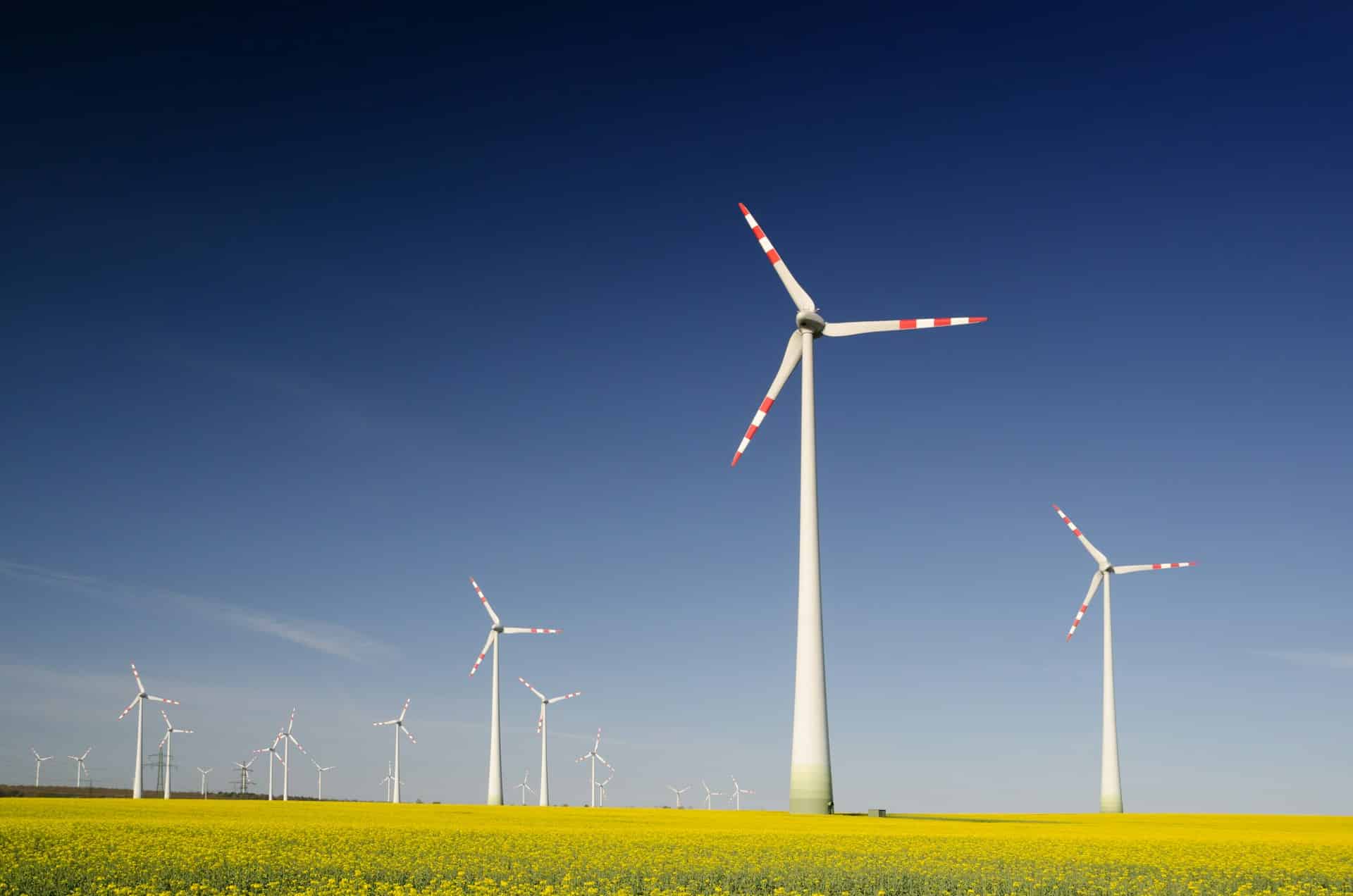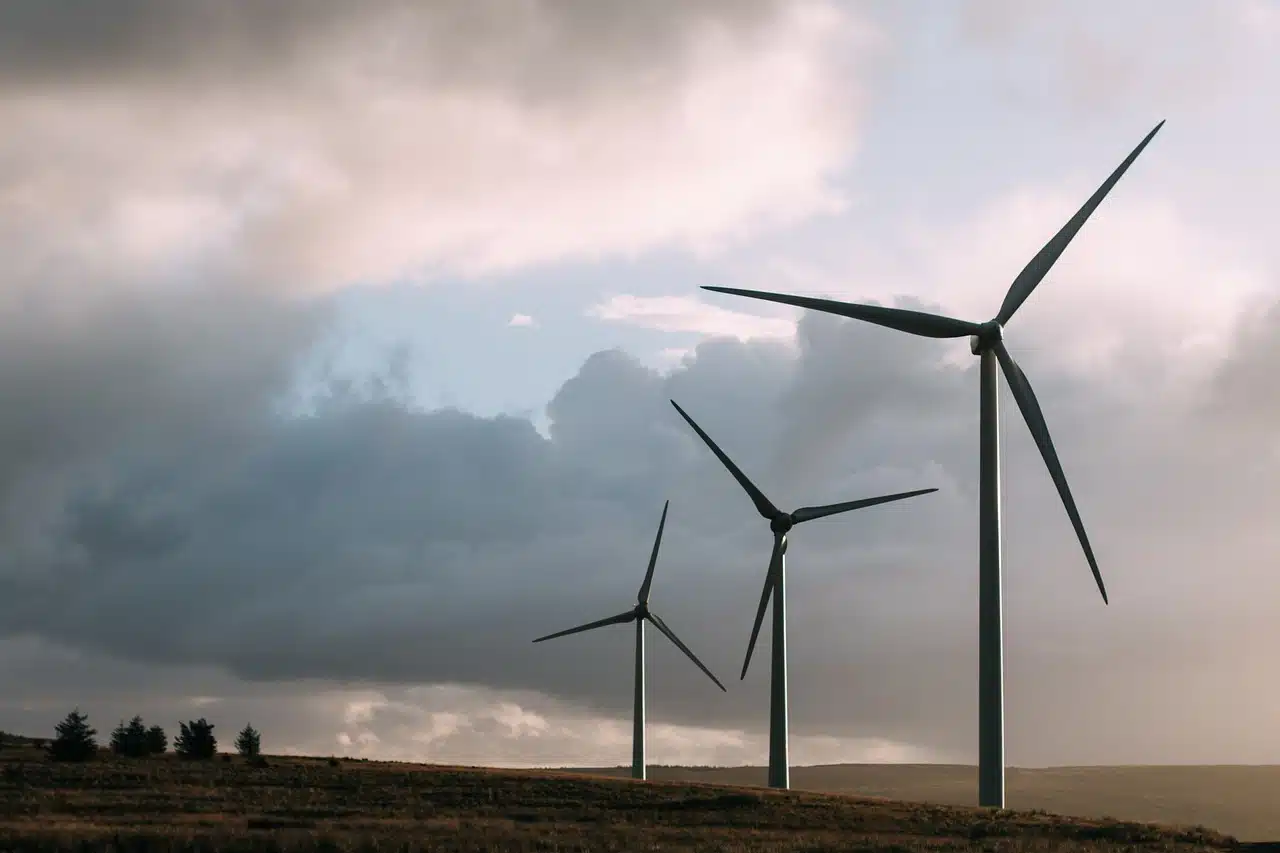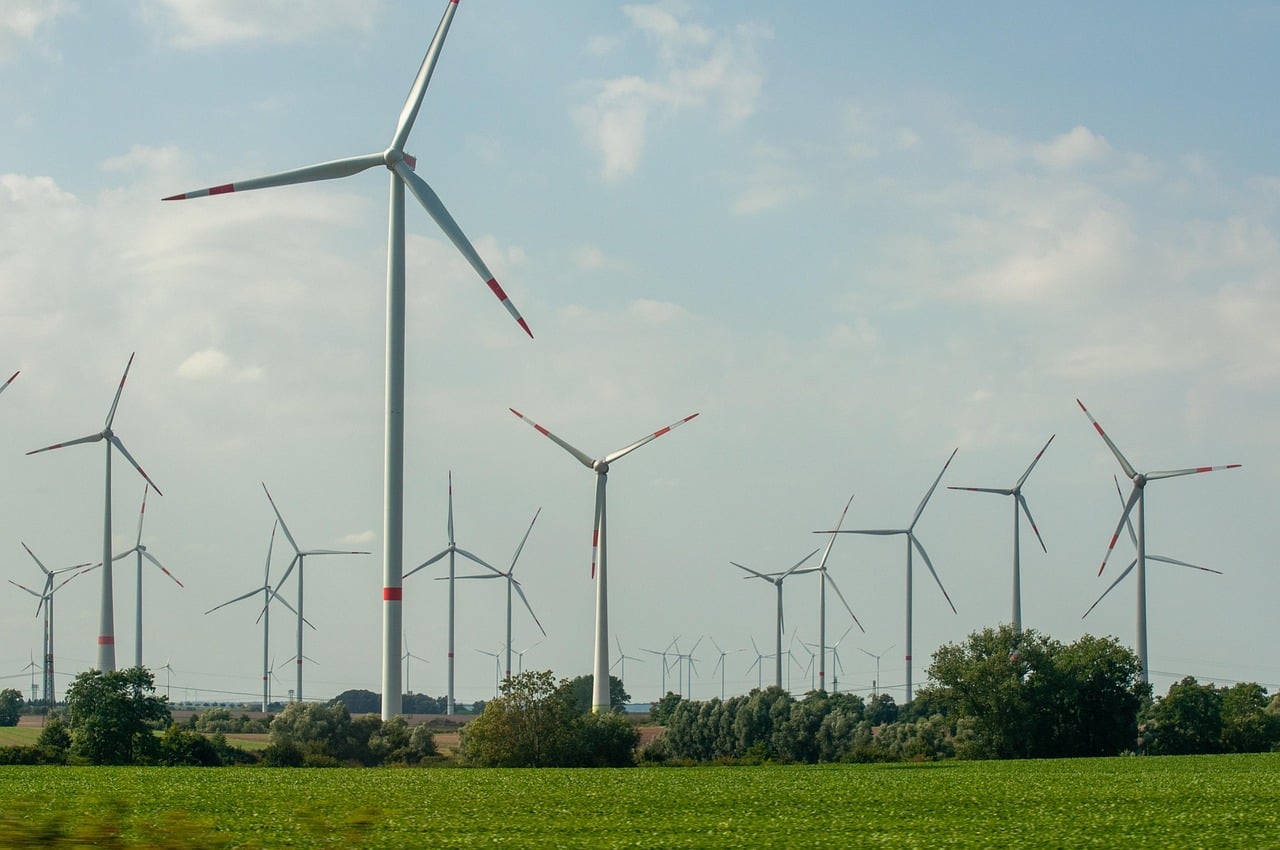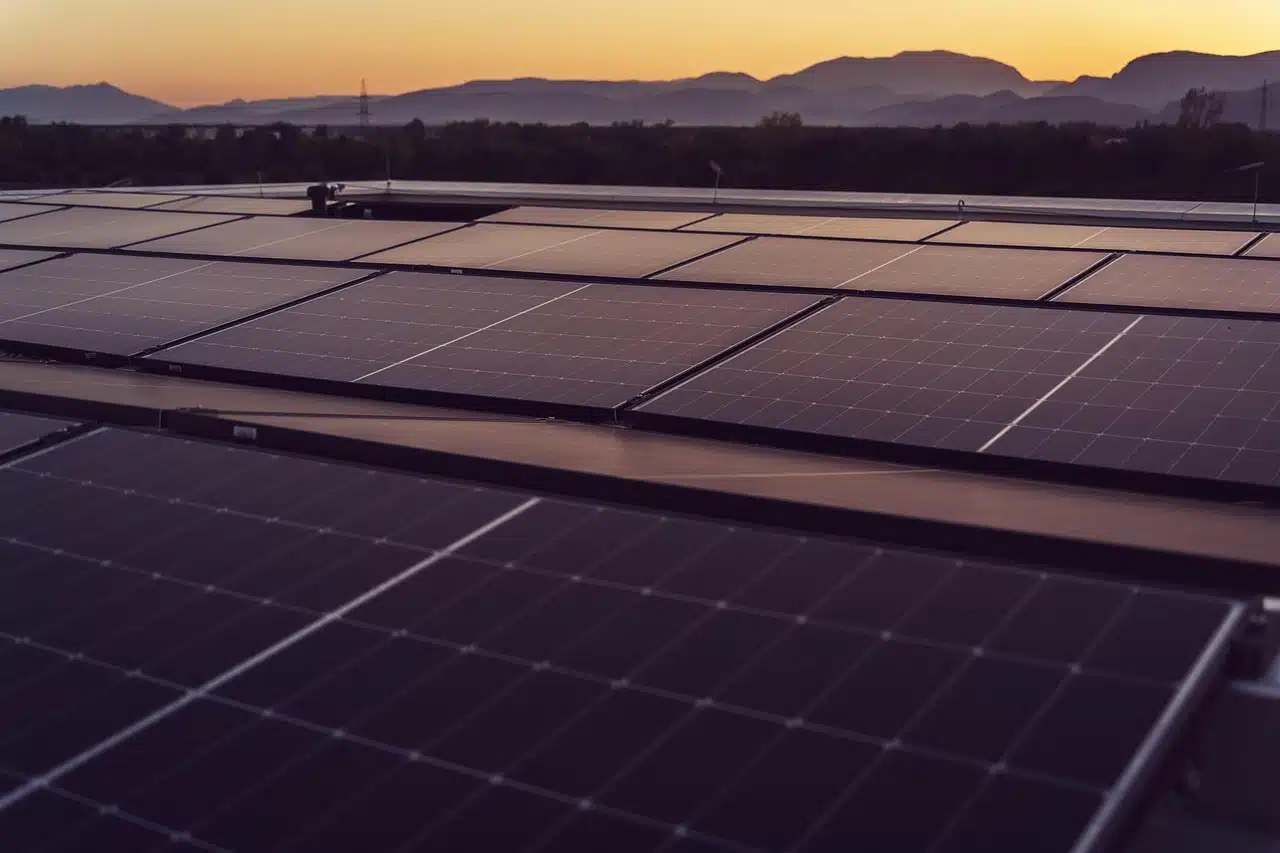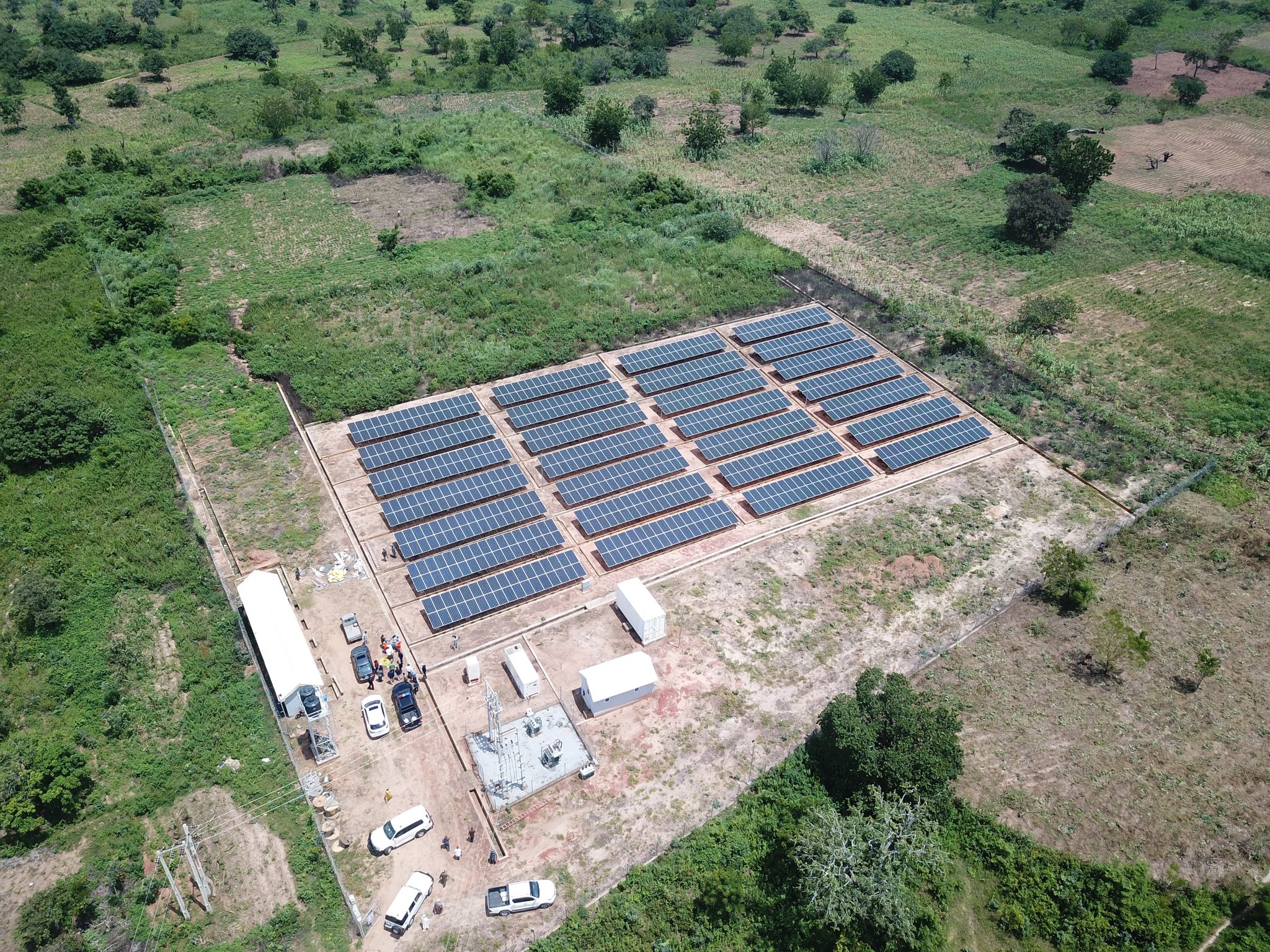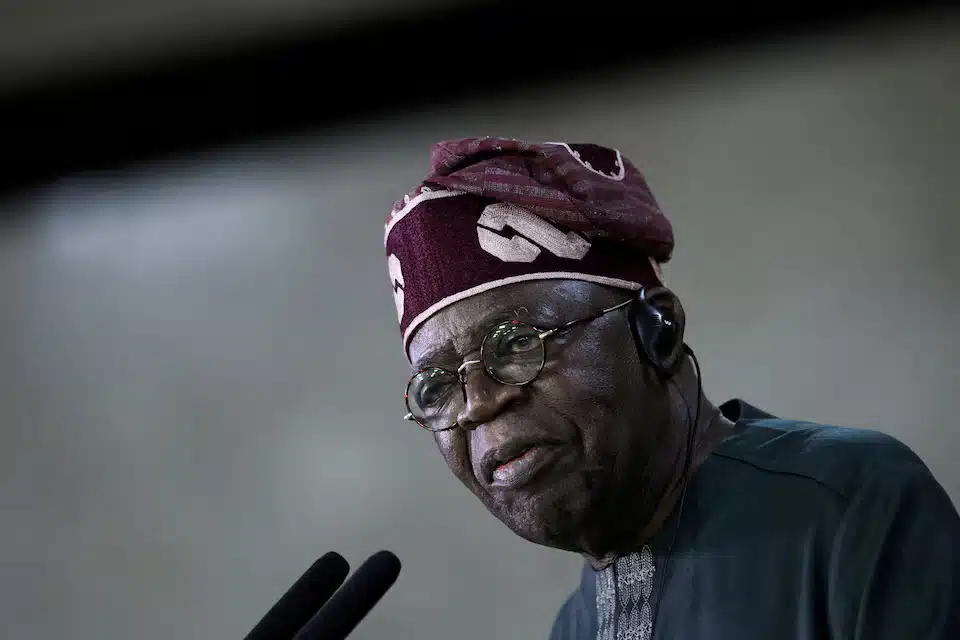Rwanda said it will move ahead with plans to sell carbon credits to Singapore under a climate trade agreement that allows countries to offset emissions.
The Rwanda Development Board said in a statement on Wednesday that it will work with a venture backed by Chinese carbon finance firm Climate Bridge Group to identify and develop eligible projects that can generate credits.
The arrangement follows an Article 6.2 agreement, a framework under the Paris Agreement which permits bilateral trade of emission offsets between nations.
The credits represent one ton of carbon dioxide or its equivalent either removed from the atmosphere or prevented from being released.
According to the Rwanda Development Board, the cooperation with Climate Bridge will help ensure projects meet the required international standards.
“This collaboration is a step towards creating value from our natural resources while contributing to the fight against climate change,” the board said.
Moreover, Singapore produces about 49 million tons of carbon dioxide annually, making it one of the higher emitters relative to its size.
Rwanda, by comparison, emits about 1.5 million tons a year, according to Global Carbon Atlas.
The trade would allow Singapore to meet part of its climate target by purchasing credits generated from Rwanda’s projects.
Rwanda’s opportunity in global carbon market
Carbon trading under Article 6 of the Paris Agreement is still at an early stage, and only a few countries have entered into bilateral deals.
Singapore has been one of the first to sign such agreements with several nations, including Ghana and Papua New Guinea, as part of efforts to meet its commitment of reducing its greenhouse gas emissions.
For Rwanda, the initiative provides an opportunity to attract investment into renewable energy, forestry, and other climate friendly projects that generate credits.
Officials have said these projects could also create jobs and deliver environmental benefits for local communities.
Rwanda’s move comes at a time when African countries are exploring how to use carbon markets to support development goals.
With rising demand for offsets from industrialised nations, governments in Africa are positioning themselves to benefit from the trade, though questions remain about pricing and long term value.
In short, the agreement gives Rwanda a platform to earn revenue from projects that cut emissions, while Singapore gains a pathway to manage its carbon footprint.
The success of the cooperation will depend on how quickly projects are developed and verified for international trading.

